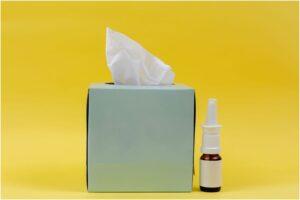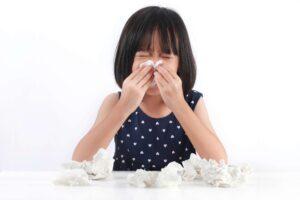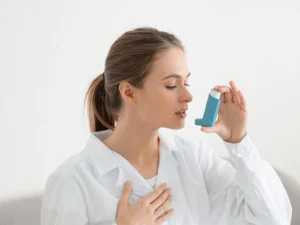Signs You are Allergic to Grasses and Plants
Allergy to grass and plant is a problem for many people. Allergy to grass usually stems from the pollens that are created by plants. Fresh-cut grass or walking in the park can cause allergies to you. Generally, when you breathe or come in contact with the substance you are sensitive to, you are going to have allergic reactions. Grass allergy occurs when you come in contact or breathe in pollen that comes from the same type of grass that irritates your immune system. Several signs might help you know that it would be a grass allergy. You may have a skin test to diagnose the existence and cause of the allergy.

Signs of Grass or Plant Allergy
You might experience a grass allergy without any diagnosis. The allergy might be quite severe, and it can cause effects on your body. Thus, we need to be aware of the signs of a grass allergy, or a plant allergy. Following are some common signs or symptoms:
- Running nose
- Itchy mouth, skin, throat, or eyes
- Coughing
- Watery Eyes
- Wheezing
- Hives
- Sinus Pressure
- Breathing problems, and many more.

These are some common signs of grass allergy. Besides, allergies to several plants or pollen are certainly common in many people, in case of allergy. Some of them are Orchard, Timothy, Sweet Vernal, Johnson, Rye, Kentucky, and Bermuda. However, there might be more, we have listed only the common ones. allergic grasses or plants.
What can you do to keep yourself away from an allergy?
There are treatments for such grass allergies. But, it is always better to prevent them. Here are a few ways by which you can keep yourself out of reach from allergies caused by your sensitive pollen.
- Reduce Contact- A very effective way to stay away from allergy through any grass or plant is to keep your distance from grasses and plants. Do not breathe in the air that includes the pollen of grasses or plants. Protect your skin, eyes, and nose from contact with the grass by wearing any protective clothing. Especially, avoid the grasses that irritate you, or experience any sign of an allergy.
- Be aware of the Pollen Count- Your first job should be to figure out the pollen you are allergic to. Then, you should avoid contact with such plants that contain that pollen. Besides, you might count pollen, through the technology of the internet. If you find the pollen count high, avoid going outdoors. Instead, you should wear a protective face mask to avoid contact with pollen or weeds.
- Keep your clothes separated- If you are outdoors, make sure to change your clothes when you are inside. Also, be sure of taking a bath after exposure to any grass or plant. Try to keep the grass pollen outside your house by closing your window at the time of high pollen count, or at the time of mowing of grasses.
- Use your medications properly- If you have your diagnosis for the allergy, then be sure to follow your medications. Always complete your medication. Avoid contact with allergic pollen until the completion of the treatment. Treatment at the right time against pollen allergy is necessary to safeguard oneself from future complications.
Moreover, grass and plant allergies are very often, nowadays. Thus diagnosing and treating them as early as possible, is advised. Be aware of the symptoms. Then, the diagnosis would clear out the things. But, you should avoid contact with pollen if found allergic to stay healthy and fit.



